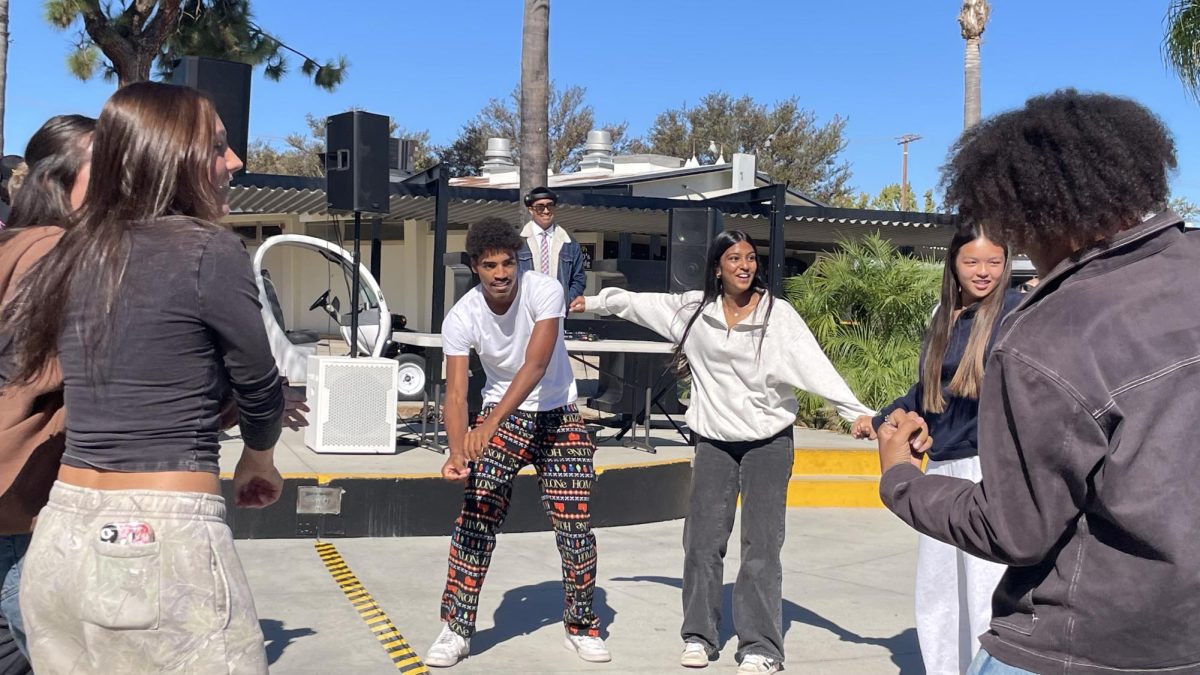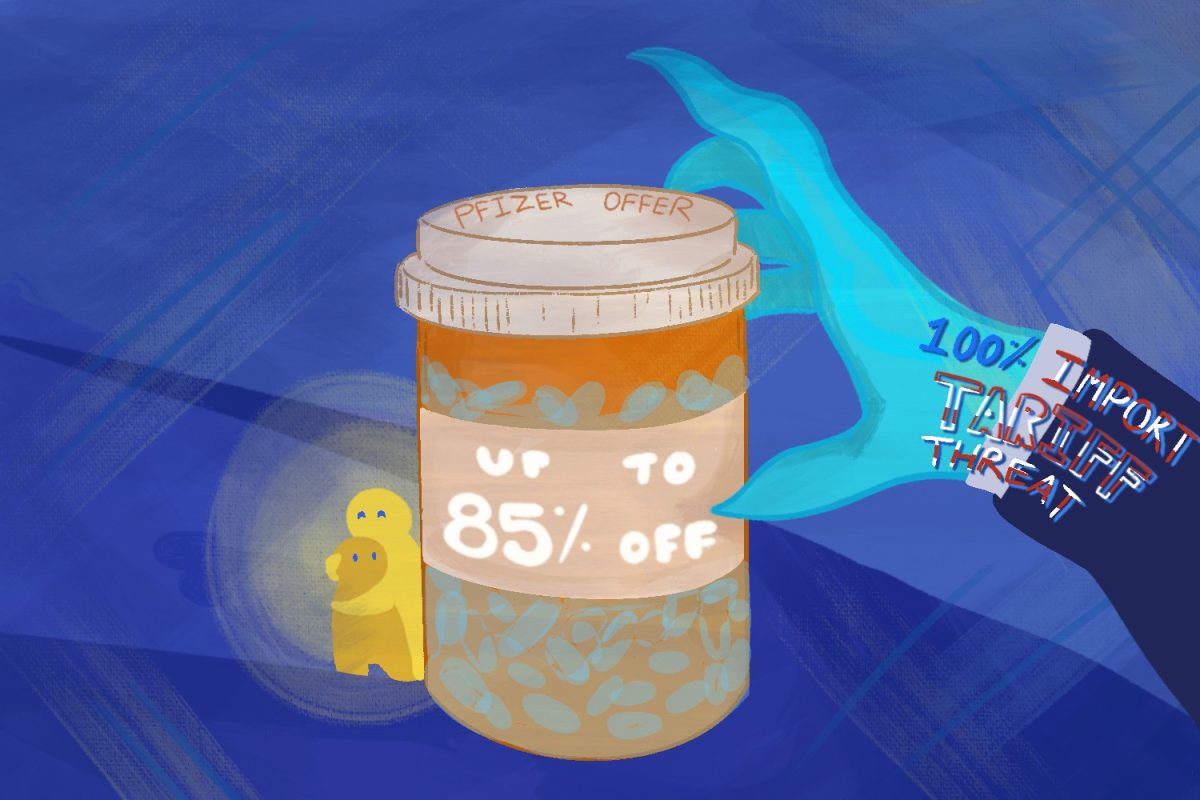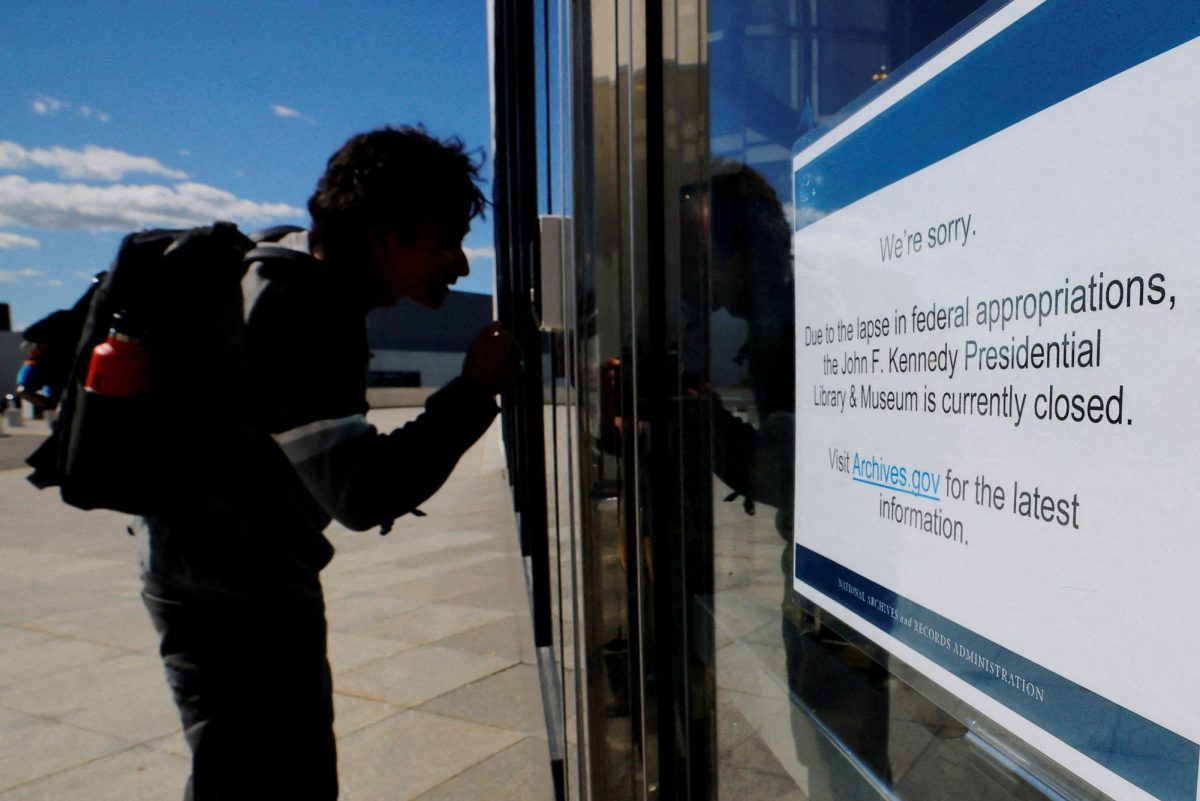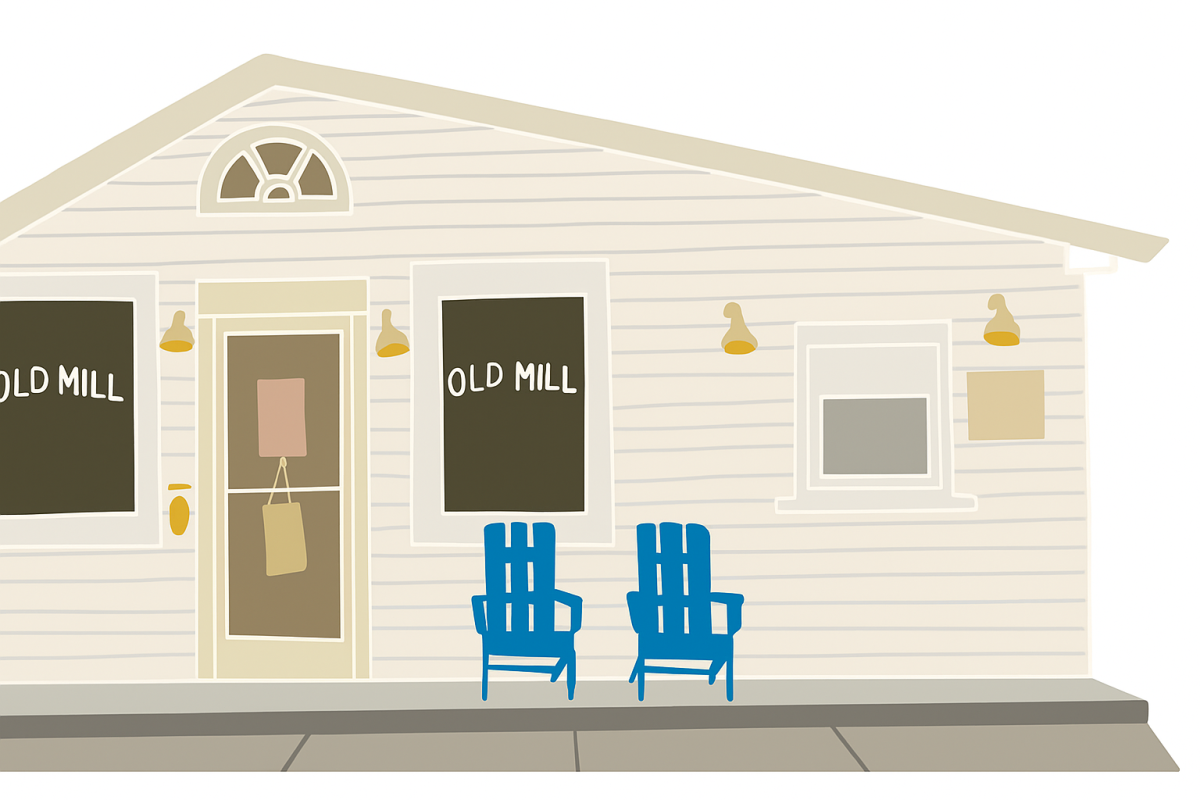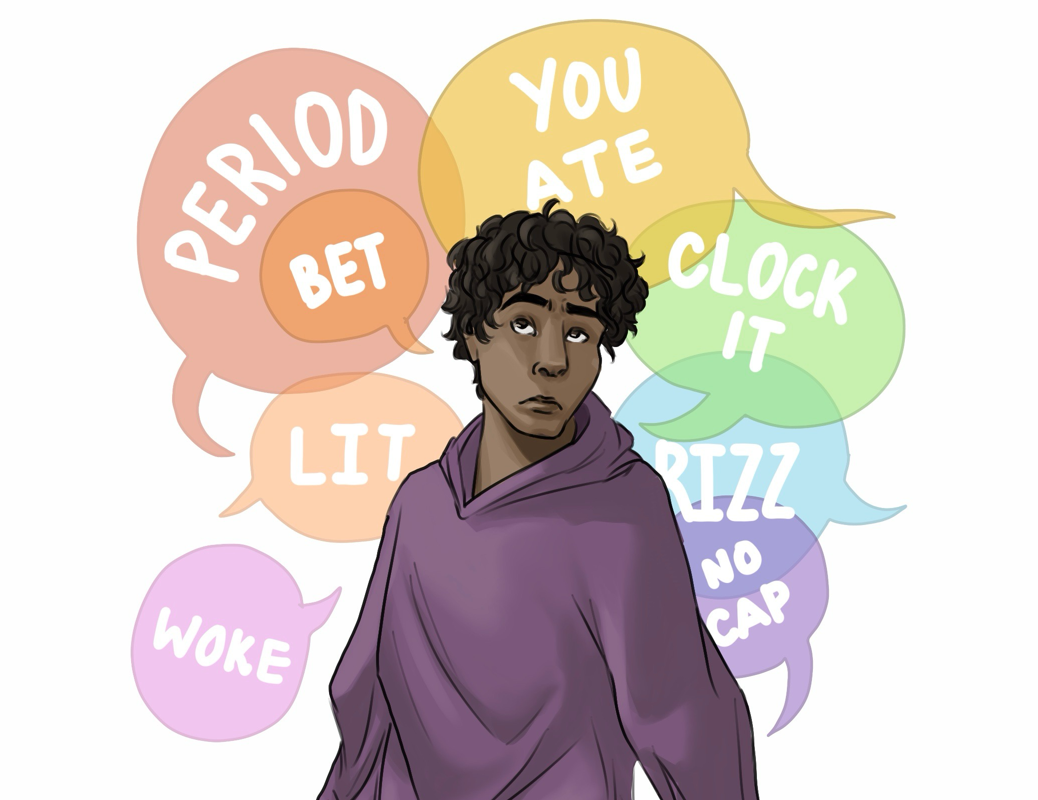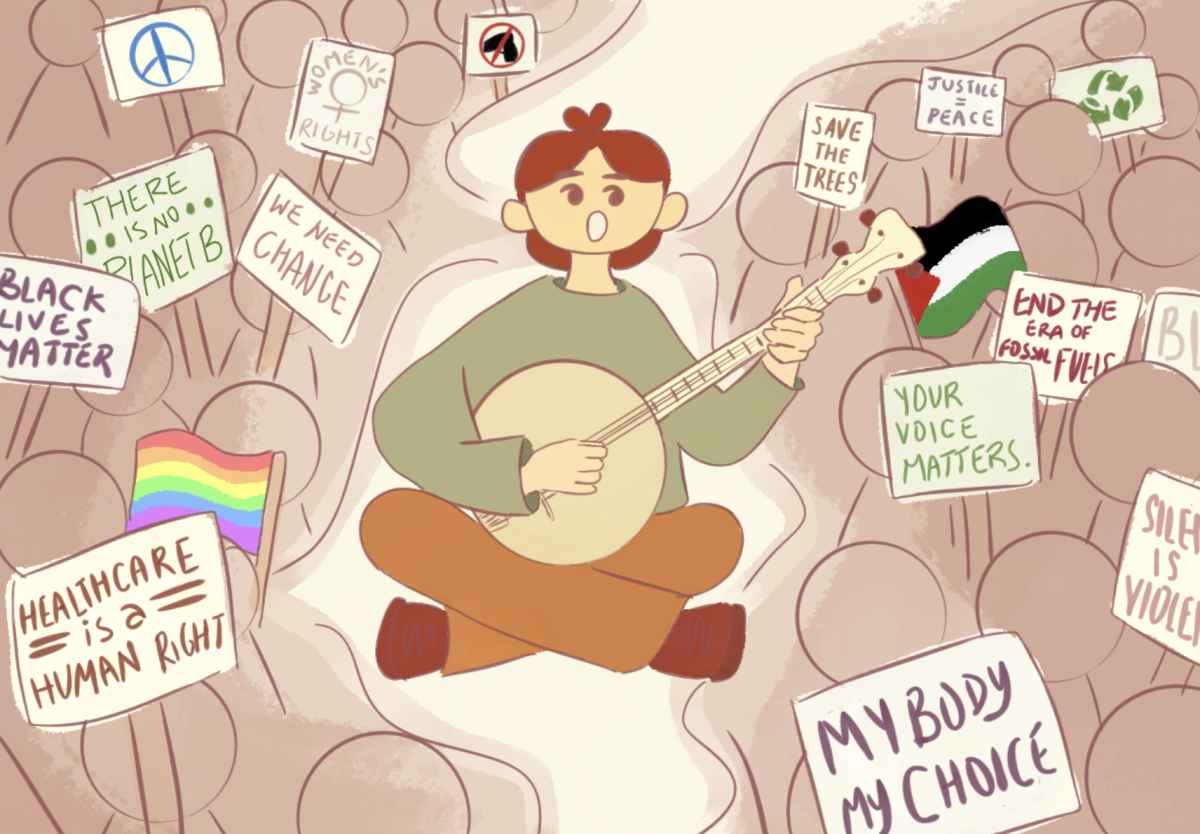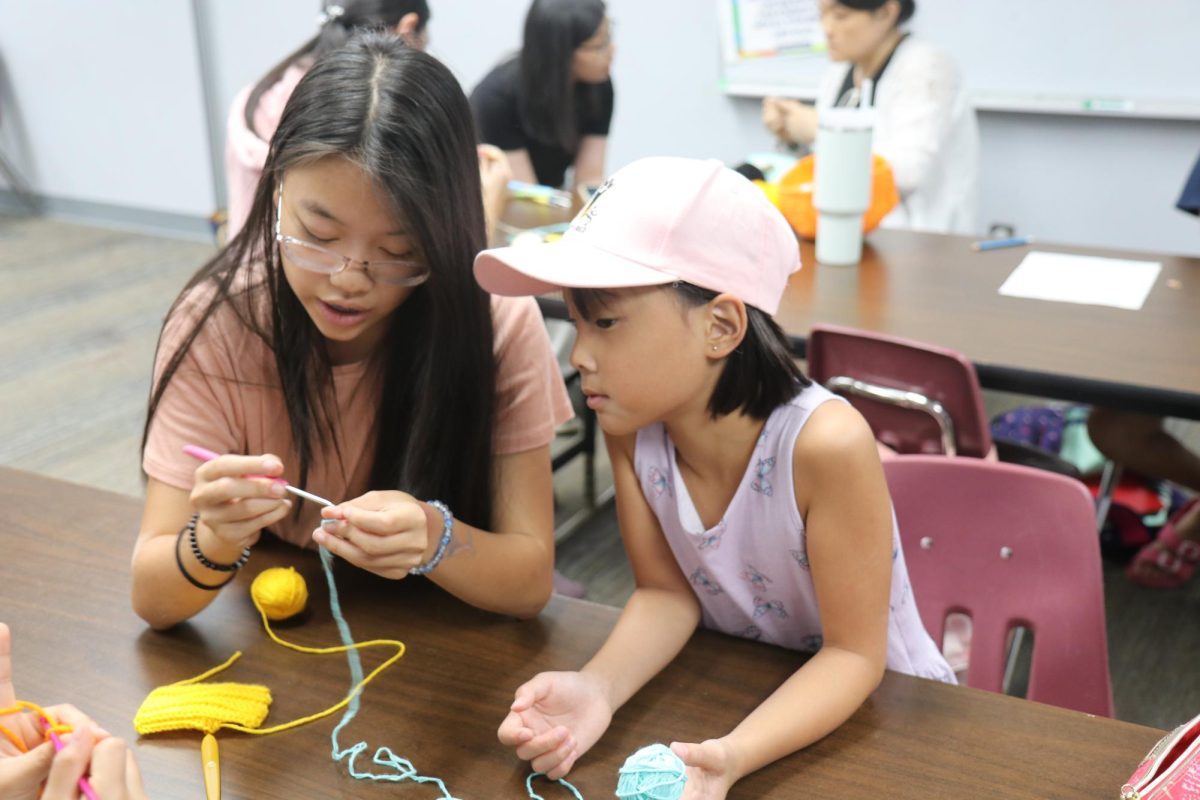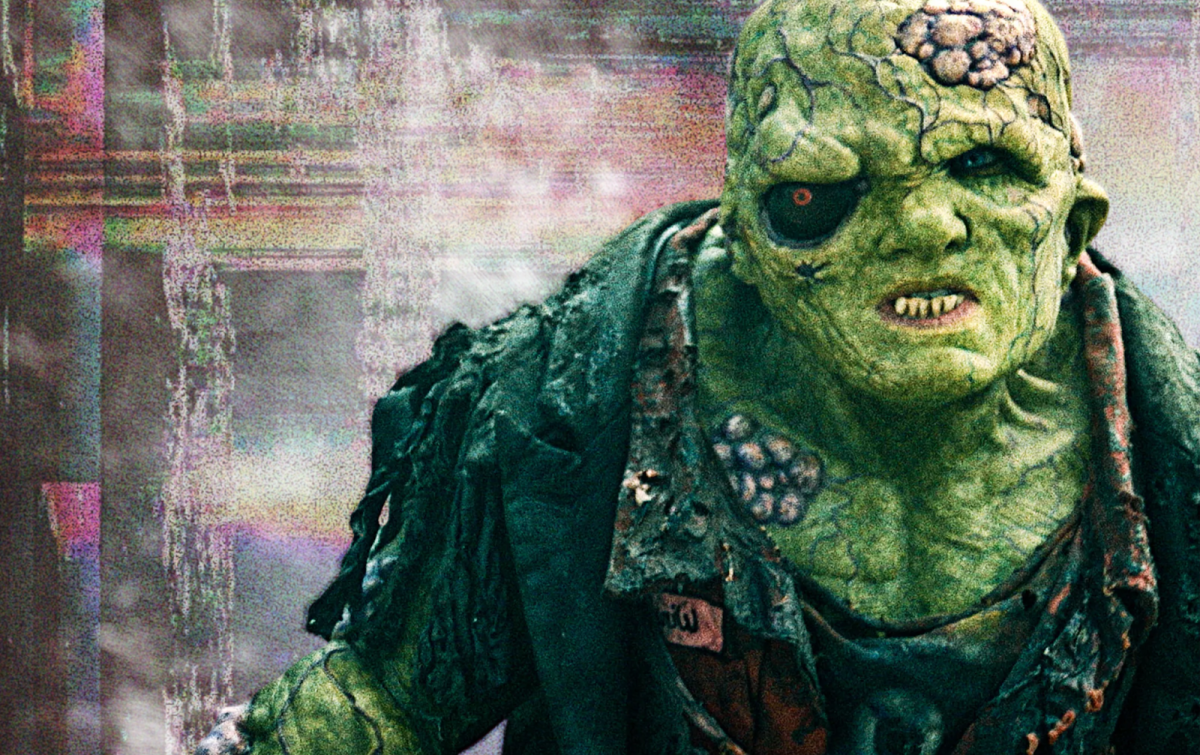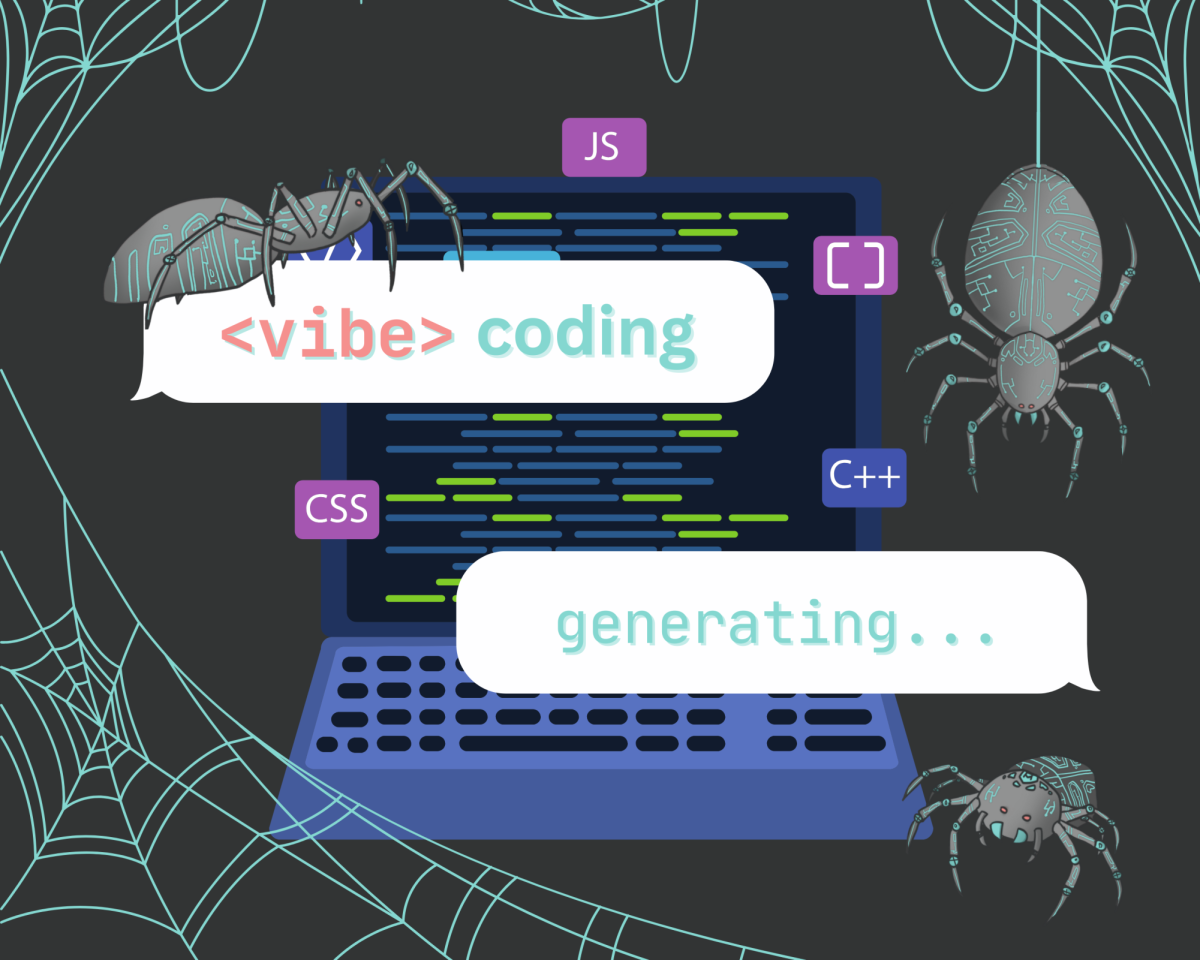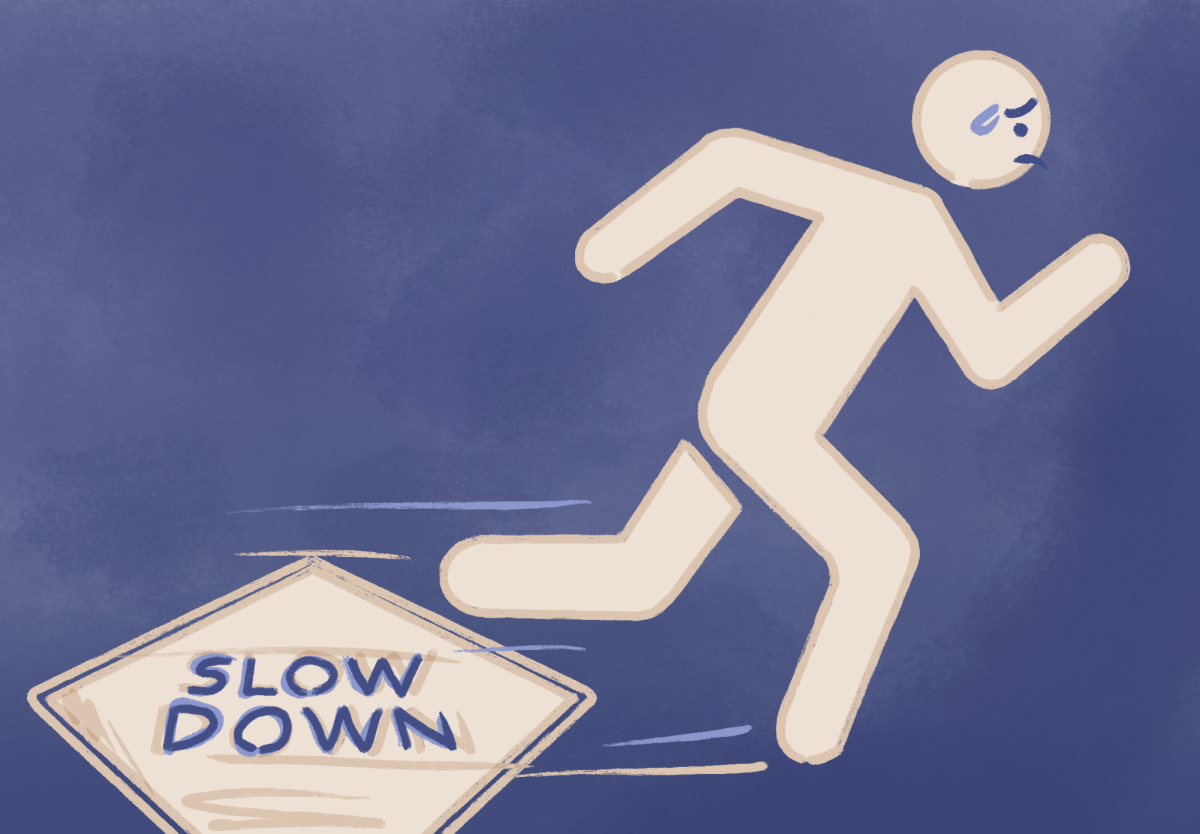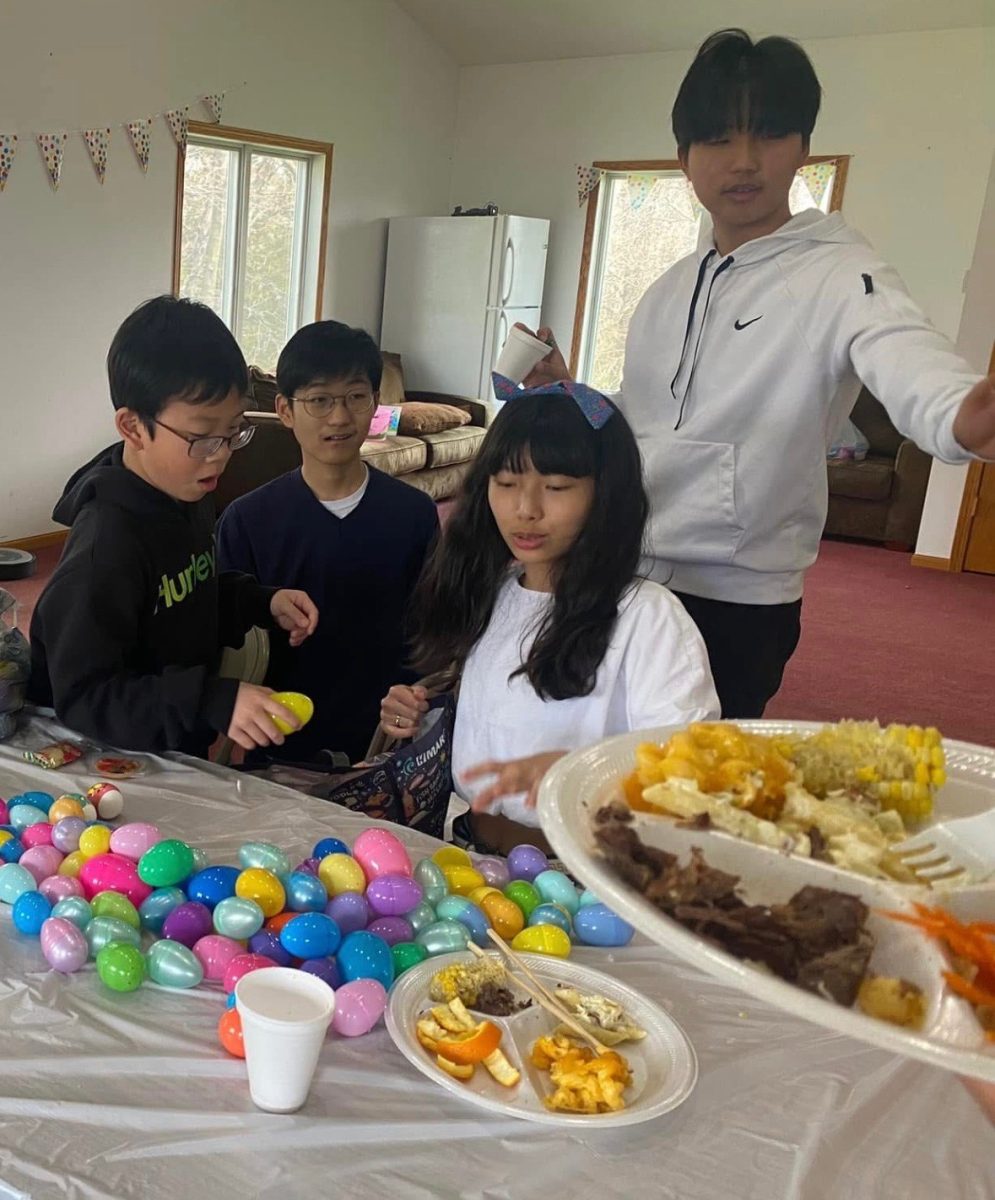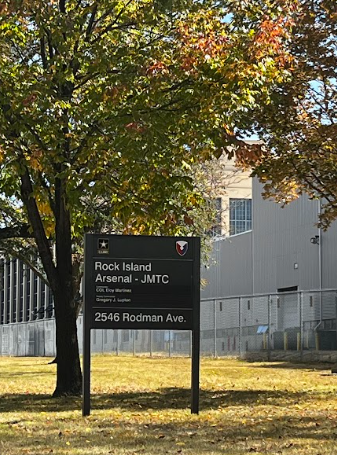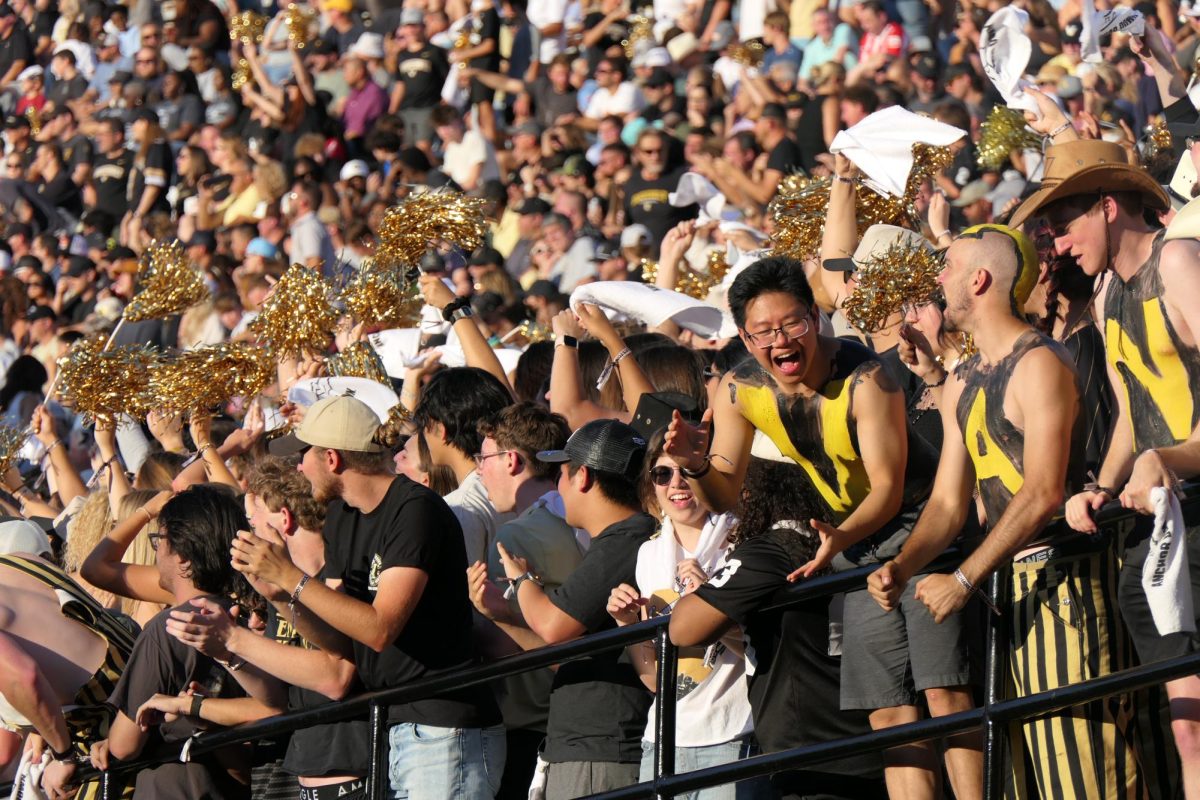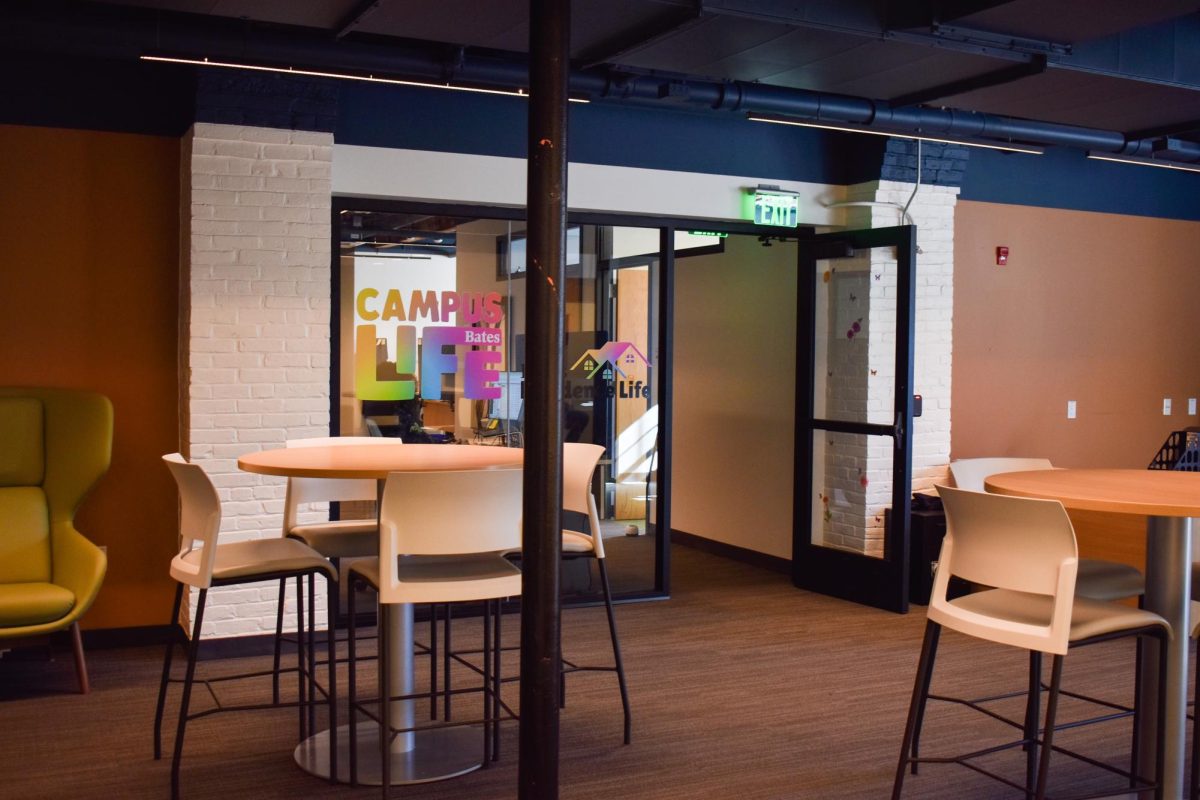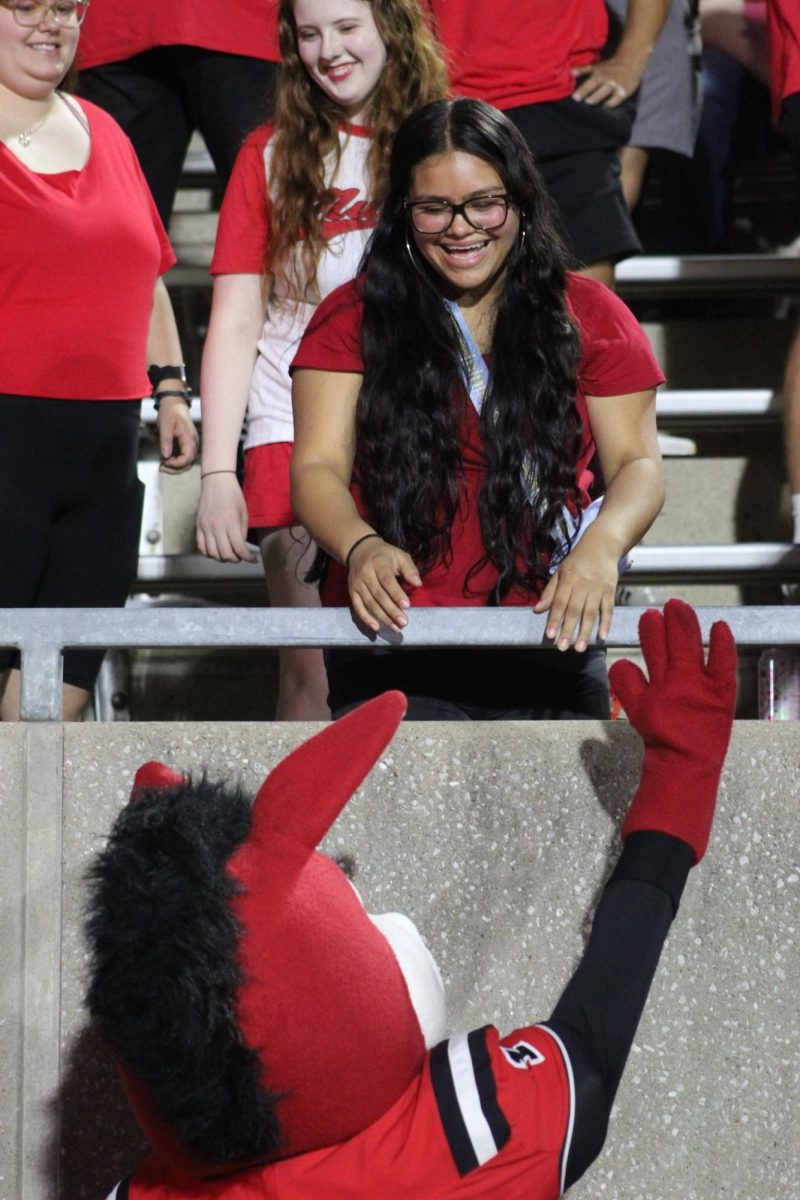When Clark Lea led his team out of the tunnel to open the season against Charleston Southern, he looked up at the sold-out crowd inside FirstBank Stadium and couldn’t help but smile.
He’d been on that field many times before, but never with the air buzzing quite like this.
Lea knows better than anyone what it feels like to play in front of empty bleachers. He wore a Vanderbilt uniform from 2002-2004, a stretch in which the Commodores won just six total games under then-head coach Bobby Johnson. Two decades later, now as head coach, he’s lived through his share of rough years on the sideline, too. Two of his first three seasons ended with 2-10 records — growing pains for a program trying to crawl out of the basement of the SEC.
At most schools, that kind of play would’ve drawn boos or apathy. At Vanderbilt, there simply weren’t enough fans to make either heard.
For years, Saturdays in the fall came without much fanfare west of Hillsboro Village. The parking lots were half full, the stands half empty and the loudest cheers often came from visiting fans dressed in orange, crimson or purple. As the smallest school in the SEC, Vanderbilt was already at a disadvantage and — combined with the lack of winning — the program’s identity was essentially invisible.
But last season, something changed.
When Vanderbilt stunned No. 1 Alabama in Nashville in October 2024, it didn’t just make headlines. It made believers. For the first time in over a decade, Commodore fans felt something deeper than surprise or relief. They felt hope.
Hope that Vanderbilt could go toe to toe with the best teams in the nation. Hope that the program could be more than just an underdog. And hope that Lea’s vision of bringing glory to Nashville was becoming something real.
Hope is a powerful feeling in sports fandom, and by defeating the best team in the country, Lea’s team showed its fans that it can beat anyone on any given Saturday. After a Birmingham Bowl win over Georgia Tech, the Commodores had capped off their most successful season in years. Most importantly, it gave fans a reason to care again.
And care they did.
The day before this year’s season opener against Charleston Southern, Vanderbilt announced it had done something historical: FirstBank Stadium was officially sold out for an FCS opponent.
Vanderbilt went on to defeat the Buccaneers, 45-3. But it wasn’t the win that stood out. It was the sight of a sea of Commodore fans; a glimpse of what Vanderbilt Football was becoming.
When kickoff came, the student section was a blur of black and gold. The band thundered while early third downs felt like the last drive of a playoff game. By the time the Commodores secured the victory, the score didn’t even matter. The moment was so much bigger.
“It means the world to me because I was one of [those students],” Lea said after the Week 1 victory. “I’m grateful. I took a couple snapshots in my mind there in the first half where I thought, ‘This is what it was always meant to be. It’s taken us longer to get here than I thought, but if I can keep putting a team out there that inspires people to show up, we can make this thing really fun.’”
And Lea’s team has earned recognition for doing what they’ve done so far in 2025. Vanderbilt started 5-0 for the first time in 17 seasons and has found a true identity thanks to quarterback Diego Pavia, who’s cemented himself as a Heisman Trophy contender. His hard-nosed mentality has spread to the entire program, and the internal belief inside of the McGugin Athletic Center has never been stronger.
While the players and coaches deserve credit for the program’s turnaround, the fans’ role in it is impossible to overstate. For years, Vanderbilt Football existed in a vacuum of playing hard, developing talent and chasing progress in front of rows of empty seats. But football is a sport fueled by emotion, and emotion needs an audience. I was at Bryant-Denny Stadium in Tuscaloosa two weeks ago, and anyone there could tell you the crowd rattled Pavia and Vanderbilt while fueling Alabama’s 30-14 win. Maybe FirstBank Stadium will never be Bryant-Denny, but the surge of support on West End is making a real impact on the field.
The best part of it all? The relationship between the students and the football team is mutually beneficial.
“We can enhance the [student] experience here,” Lea said. “Them showing up and being excited about what we’re doing on the field means a lot to me because I know that’s going to be meaningful as they reflect in 10, 15, 20 years. That community never goes away.”
Walk around campus on a Friday afternoon, and you’ll feel that community, now more than ever. The buzz in Rand at lunch time. The suddenly more popular Vanderbilt Football sweatshirts. The sound of conversation that isn’t just about the next exam or job posting, but about football.
It’s not just the students. Alumni are flying in for home games while local Nashville families are now raising their kids as Commodore fans. When Lea and his team run out of the tunnel, it’s not just about the 11 guys on the field anymore. It’s about a university community discovering what it feels like to experience a true college football Saturday.
“We compete against a lot of entertainment [in Nashville], so for people to dedicate their time and resources to support our team — I don’t take that for granted,” Lea said. “[Vanderbilt Football] is a reflection of the Nashville community, the toughness of our community, the togetherness of our community.”
That community has not only shown out for home games, but has also made an impact on the road. In the Commodores’ Week 3 showdown at South Carolina, Vanderbilt’s club baseball and hockey teams both made the trip to see the football team play. Against Alabama, an entire section of Bryant-Denny Stadium was filled with black and gold, including multiple fraternities who spent their fall formal weekend in Tuscaloosa.
“We’re truly living in the golden age of Vanderbilt Football,” Miles Pearlman, a Vanderbilt student and club baseball player, told The Hustler. “We’re going to make every effort to make the most of what we have right now. If that means driving seven hours to South Carolina to catch a game, so be it.”
Vanderbilt now sits at 5-1, returning home to take on LSU in what might be the most anticipated game in Nashville in years. The Commodores opened as slight favorites — a sentence that would’ve sounded unthinkable not long ago — and the matchup carries weight beyond the standings.
It’s more than another SEC Saturday. It’s a chance for Vanderbilt to prove what’s happening on West End isn’t a fluke or fleeting spark, but the beginning of something bigger. It’s also the first home conference game of the year, which means a test not just for the players on the field, but for the fans in the stands.
The stakes are incredibly high. With a win, Vanderbilt’s playoff hopes remain alive and well, and its national credibility continues to climb. Lose, and it’s a setback — but one that could still unfold in front of a crowd that’s proving that this university and this city are ready to rally behind their football team.
So, to the students who line up at the gates early and stay late, to the alumni who’ve waited decades for a season like this and to the fans who’ve believed even when there wasn’t much reason to — this moment belongs to you, too.
This story was originally published on The Vanderbilt Hustler on October 15, 2025.

